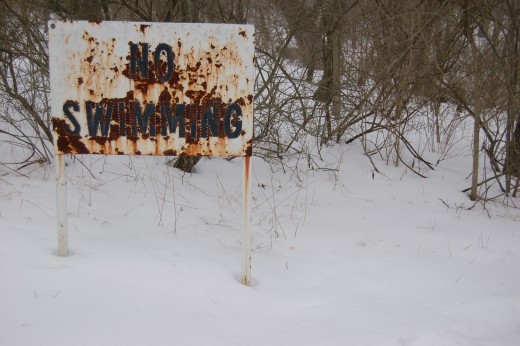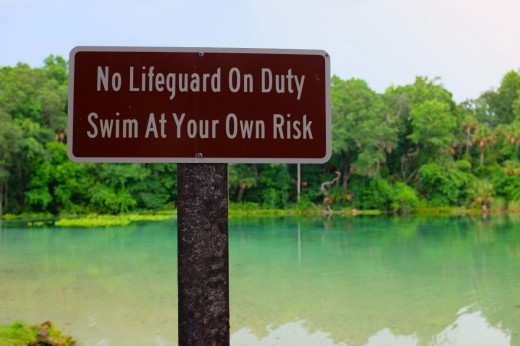Let’s analyze a cycle. You have a desire, and you want to satisfy it. There are plenty of ways, but you slip into a comfortable habit with a predictably poor result. This fulfills your need, yet only for a moment before guilt and shame flood your emotions.
You feel pretty bad for screwing up again. So bad that you would do anything for even a momentary win to help you “feel better.” So you do the same bad habit once more.
This is the cycle of regret. It is hopeless at helping you change, and may be downright destructive.
There are three responses when you have done something bad: apathy, regret, and remorse.
Apathy is the worst response. It happens when you are calloused to poor behavior. You may not even consider it wrong anymore. Now you just consider this evil to be a part of you, and you no longer differentiate yourself from the habit. It’s just who you are.
Apathy is numbness. It is an awful place to be.
Regret is the example above. You know you did something wrong. Guilt and shame eat away at you. You experience grief and feel bad every time. Eventually, though, you end up doing the same thing again for another moment of pleasure or relief. This only leads you to regret yet again.
Regret hopelessness. It is a downward spiral with no hope for lasting change.
Remorse is the result of turning away from your habit — otherwise known as repentance. This distance from your former behavior leads to change as you fill that space with good habits.
Remorse is repentance. It leads to lasting change and growth.
You will rationalize slipping into your former habits with regret, only drawing you right back in again.
You will take drastic steps to avoid such behavior and displace it with something better with remorse.
See the difference?
Regret leads to shame and a negative cycle. Remorse leads to lasting change.
Further reading: 2 Corinthians 7:10
Why do we so often choose regret?





